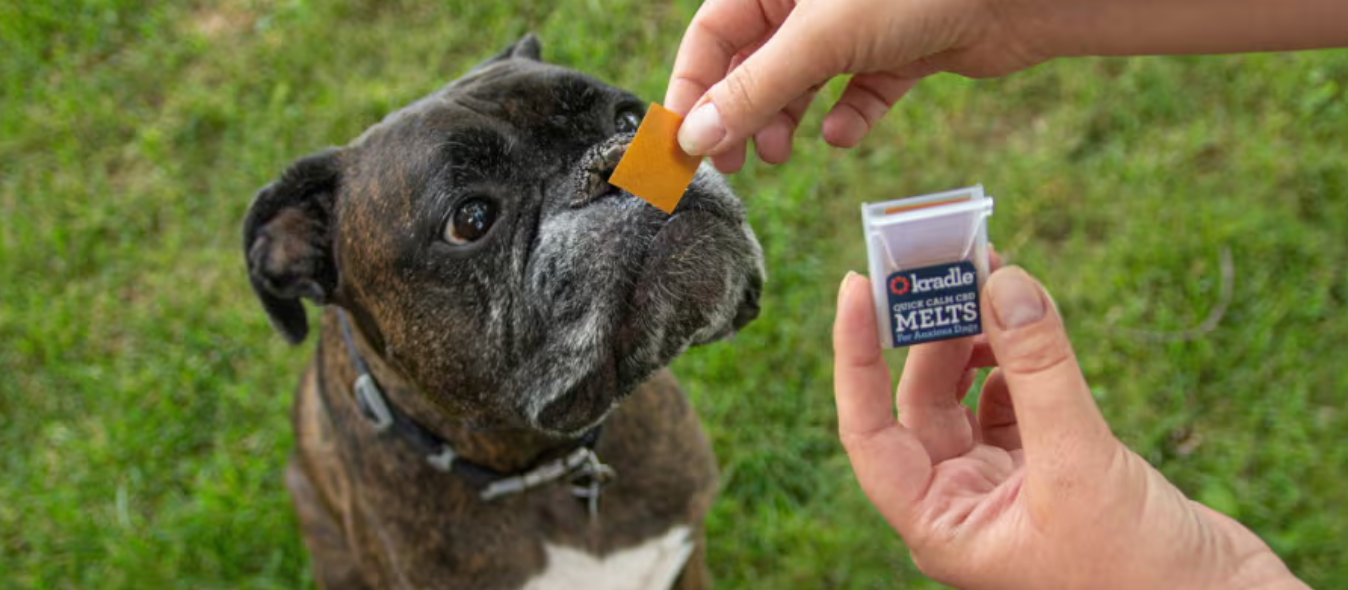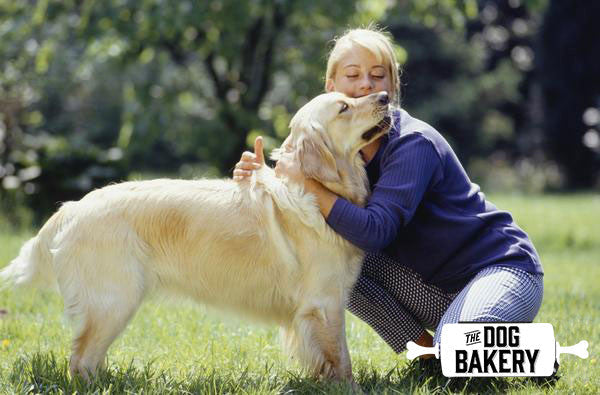
Toxic Pet Foods
We all love our pets and want to make them happy. However, sometimes the best intentions can have unfortunate results. The good news is that, when it comes to foods for your pets, a little bit of knowledge can guarantee your good intentions are rewarded. Before slipping your dog or cat that extra morsel under the table, it’s important to know which human foods your beloved pet can digest, and which ones could result in a hasty trip to the vet.
1. Chocolate
Most people have heard the “don’t feed your dog chocolate” mantra before. But you’d be surprised by how many pet owners give their dogs the occasional bite chocolate anyway, thinking it to be as much of a reward for their canine friend as it is for them. You’ve probably heard it before: “Well my dog had chocolate, and he was fine afterwards. It’s just a myth.” Unfortunately, that’s not the case. Even if your dog has had chocolate once and digested it without severe side effects, you’re still putting his/her health at risk.
Why? Chocolate contains theobromine, an alkaloid that dogs can’t metabolize in the same way that humans can. When a dog eats too much chocolate too fast, it can cause damage to the nervous system, kidneys, lungs and heart. In puppies, toy dogs and senior dogs, the risk is the greatest, and death from theobromine poisoning is a real possibility. To keep your dog as safe as possible, keep him or her clear of your chocolate stash. If your dog has a sweet tooth that just won’t be denied, try making him or her a doggie-safe sweet treat.
2. Caffeine
Caffeine is dangerous to most pets, so keep your dogs, cats and small animals caffeine-free. Like chocolate, caffeine is more difficult for animals to process, and its side effects can be deadly. While most of us would never give our pets caffeine intentionally, we don’t think twice about throwing used tea bags and coffee filters in the trash. Since many dogs love nothing more than to raid the trash can when no one is home, catastrophic levels of caffeine consumption can often happen unintentionally. Protect your pets by disposing of caffeinated products safely, and never leave an unfinished cup of coffee, energy drink or caffeinated diet pill on an easy-to-reach surface.
3. Milk and Eggs
Contrary to popular myth, milk and eggs are both dangerous for your cat. Why? Cats are actually lactose intolerant, meaning that their digestive system can’t break down the sugars contained in milk properly. Although a small amount of milk probably won’t kill your cat, it can cause digestive issues, dehydration and diarrhea. In kittens, excessive milk consumption can prove deadly. Similarly, raw eggs are a big red flag. As well as posing a salmonella risk, raw eggs contain avidin, which inhibits the absorption of vitamin B in cats. Over time, this can cause skin problems and fur loss.
4. Macadamia nuts
Macadamia nuts are snacks that you wouldn’t want your dog to get their paws on. This type of nut is 100% off-limits for dogs. Most dogs experience different kinds of symptoms if they consume a decent amount of these. Macadamia nuts aren’t often deadly to dogs, but they can cause hypothermia, joint pain, tremors and weakness.
5. Onions, Garlic, Chives and Leeks Although most pets aren’t inclined to feast on them, onions, garlic, chives and leek are all of the Allium family, and are toxic to both dogs and cats. In any form, these foods can cause red blood cells to rupture, resulting in anemia, lethargy and weight loss. Certain Japanese dog breeds, including Akitas and Shiba Inus, are more susceptible to this kind of poisoning, so take special care to keep them away from any foods that may have been seasoned with garlic or onion-based products.
6. Avocado
Some breeds of dogs have negative reactions to eating avocados. It’s not really recommended for pets and is sometimes considered unsafe for them. Avocado contains Persin that may cause illness to different types of pets. For canines and felines, we don’t expect to see serious signs of illness. However, rabbits, birds, rodents, and some other large animals are very sensitive to the substance that can be found in it.
7. Grapes, Raisins
Grapes, raisins and macadamia nuts are the kind of little tidbits that most pet owners don’t think twice about feeding to their dogs. Unfortunately, they are all toxic to canines. Just 4-5 grapes can make a dog sick, causing side effects such as vomiting, loss of appetite, abdominal pain and dehydration, and possibly even resulting in kidney failure and death.
8. Raw Eggs We should be careful when giving our pets food that’s meant for human consumption. For humans, eating eggs can provide you vitamins and minerals. But we can’t say the same for our pets. Raw eggs contain a substance called avidin. It lessens the consumption of vitamin B. It can also cause skin and fur coat problems.
9. Alcohol
Alcohol is dangerous for almost all types of pets. When a dog or cat gets exposed to alcohol, the effects that it causes to the pet’s nervous system is similar to that of a human’s. They become drowsy and lose coordination. If they get exposed to a higher level of alcohol, their breathing and heart rate slow down.
10. Bones and Fat
Dangerous to dogs, cats and small animals alike, never give your pet scraps with the bones still attached. Dogs in particular will not think twice about chewing on a turkey carcass, but the fallout can be fatal. Small, brittle bones and bone shards can splinter, choking your pet, or even causing abdominal perforation. Raw meat and bones can also be a breeding ground for bacteria, carrying dangerous salmonella and e-coli bacterium. Similarly dangerous, fat trimmings can cause pancreatitis.
If you suspect that your pet might have ingested a toxic food, then call your veterinarian or the Pet Poison helpline immediately. If you don’t have an emergency vet in your area, then the Pet Poison helpline can aid you to identify the level of toxicity that your pet is experiencing, and walk you through the appropriate response procedure.
To keep your dog healthy feed a grain-free diet, like Ocean fish and Salmon which is the pefect diet to keep your dog's weight in check and to help eliminate food allergy-related itching.






